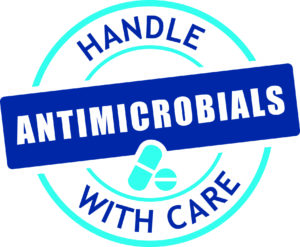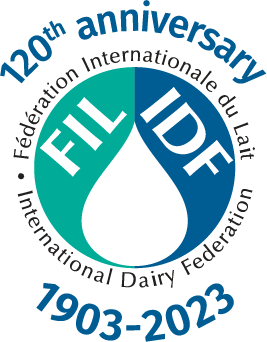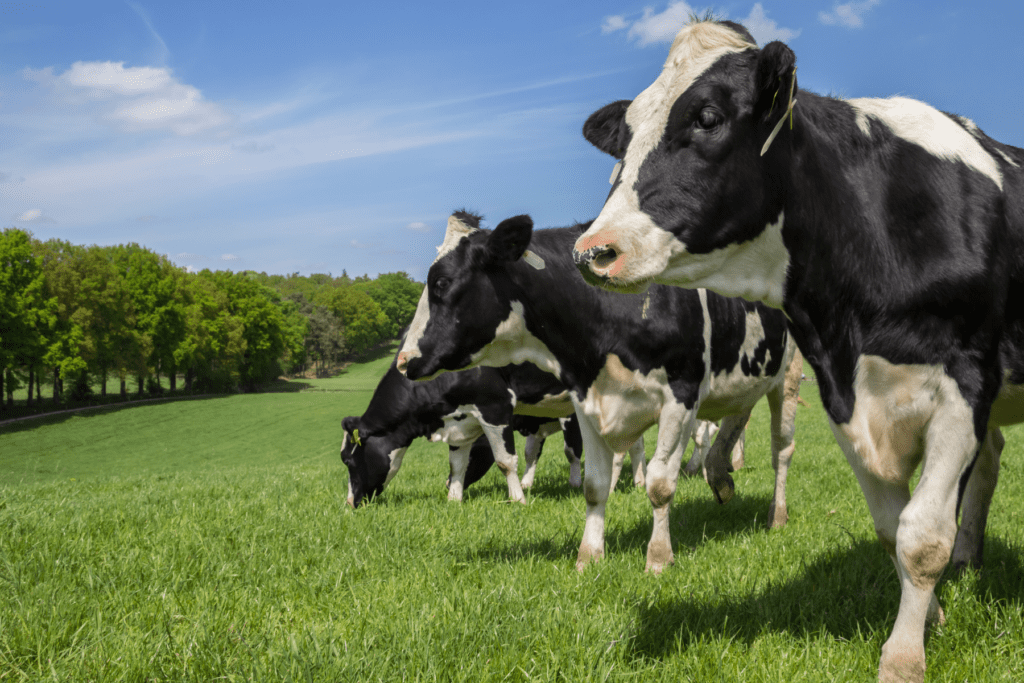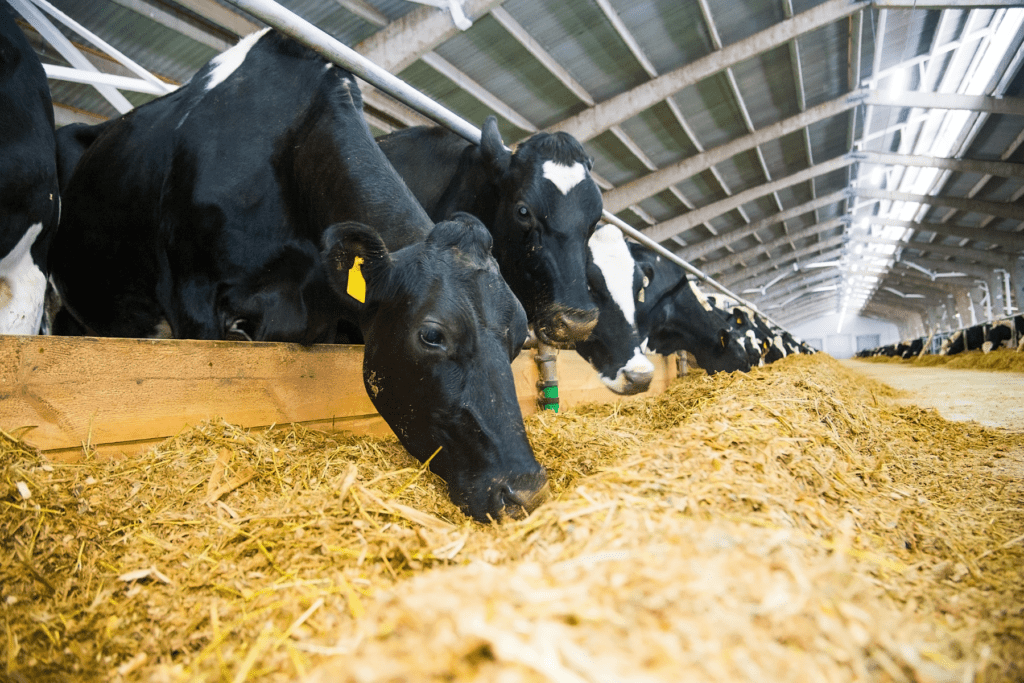

This week (18-24 November) is annual World Antimicrobial Awareness Week 2020, which aims to increase awareness of global antimicrobial resistance and to encourage best practices among the general public, health workers and policymakers to avoid the further emergence and spread of drug-resistant infections.
One Health, the core of which is the recognition of the inherent interconnectedness of humans, animals, and their shared environment, is key to ensuring the healthy and sustainable future of the planet.
Within IDF, we believe good animal health and welfare is vital to curb the spread of diseases in animals, improve animal welfare and minimize the need for antimicrobial use. Our policy is to promote healthy dairy herds which can produce a safe and nutritious supply of milk for public consumption. IDF has continually driven home the point that antimicrobials are used only when associated with good animal health care where the usage of antibiotics is based on adequate diagnostic evaluations. Preserving antimicrobial efficacy is essential for the health and welfare of animals and humans. For this purpose, antimicrobials are to be used in line with good animal husbandry, vaccination, and hygiene practices.
Early detection of disease may increase the likelihood of bacteriological cure, leading to a quicker recovery. Antimicrobial agents are used for the treatment of certain infectious diseases, and regulations are in place to strictly control their use in the dairy sector. The elimination of an antibiotic shield does not necessarily result in a higher rate and spread of disease. By modifying the known risk factors and optimizing herd management, risk levels can be managed in the same manner as when prophylactic antimicrobials are used to facilitate early intervention thereby minimizing the need for antimicrobials.
A range of resources on Antimicrobial Resistance
IDF has a range of resources in pace to support the dairy sector on this important topic. In 2017, IDF published a factsheet on Guidance in Antimicrobial Resistance from the Dairy Sector outlining our organization’s support for the harmonized implementation of global strategies on antimicrobial Resistance (AMR). This factsheet complements the IDF Guide to Prudent Use of Antimicrobial Agents in Dairy Production, which is a translation of Chapter 6.9 of the OIE Terrestrial Animal Health Code (2011) tailored to the dairy sector. In addition, the IDF factsheet on control and detection of antimicrobial residues in milk and dairy products and the IDF factsheet on Antimicrobial Resistance provide an overview of AMR in the dairy sector.
To support best practices at farm level, the FAO/IDF Guide to Good Dairy Farming Practice (2011), encourages best farming practices for the production and marketing of safe, quality-assured milk and dairy products.
IDF ’s Standing Committee on Animal Health and Welfare Action Team on AMR supports adequate antimicrobial management of the dairy sector. This Action Team actively participates in the Codex Alimentarius working group on AMR on the revision of the Code of Practice to Minimize and Contain AMR and in the drafting of Guidelines for the integrated monitoring and surveillance of foodborne AMR.
Promoting responsible use of antibiotics in livestock farming
The IDF joined the EU Horizon 2020 DISARM thematic network in 2019, to help promote the responsible use of antibiotics in livestock farming by actively identifying, sharing and disseminating best practices.
IDF advocates prudent and responsible use of antimicrobial agents within the global dairy sector to ensure that they continue to be effective in curing diseases in animals while minimizing the risk of developing AMR. This is an important measure to prevent or reduce the transfer of resistant micro-organisms within animal populations, the environment and between animals and humans.
“IDF advocates prudent and responsible use of antimicrobial agents within the global dairy sector to ensure that they continue to be effective in curing diseases in animals while minimizing the risk of developing AMR. This is an important measure to prevent or reduce the transfer of resistant micro-organisms within animal populations, the environment and between animals and humans.”
Opportunities to join the project include volunteering as a case study farm, using the multi-actor farm health team approach, producing videos that show good practices that have improved animal health and reduced antibiotic requirements on-farm, or hosting an event or workshop. These are also a range of opportunities for livestock supply companies to showcase their innovations, research and development or demo farms.
To find out more about DISARM or how to get involved, visit the DISARM website, the DISARM Community of Practice, and YouTube Channel or contact [email protected].













